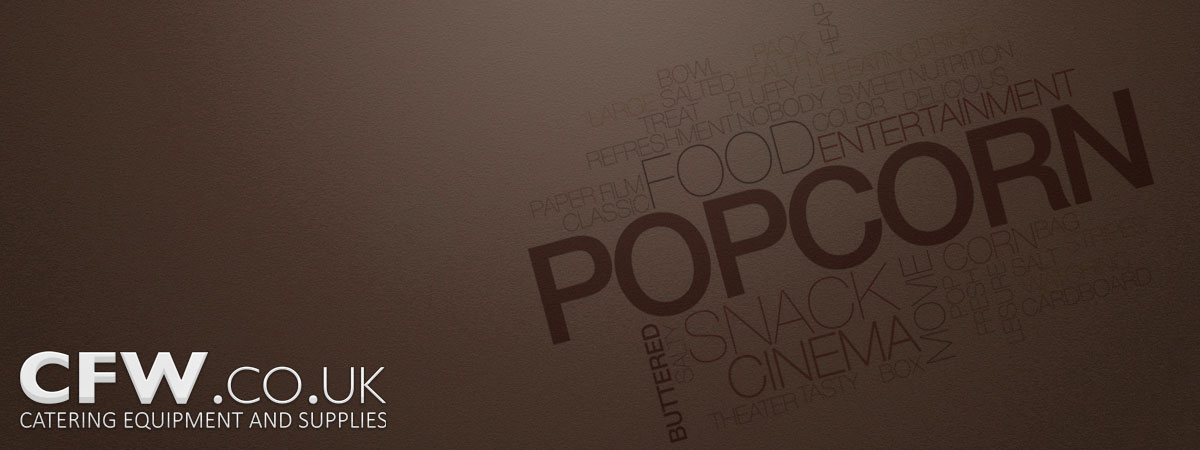
Tag: Science
The science of chocolate: What makes us like it so much?

Smile! Laughter and chocolate are good for your health

Dark Chocolate could enhance Athletic Performance

My Favourite Brain Food… Chocolate.

The Experience of Chocolate Craving

The following is excerpted from The Economics of Chocolate which provides an economic analysis, as well as an interdisciplinary overview on all things chocolate. We are constantly being told that chocolate is bad for our health– but is it bad for our mind? Continue reading The Experience of Chocolate Craving
Barry Callebaut invent chocolate that doesn’t melt

Chocolate with your Bacon? Tate Britain’s feast for the senses

Can this anti-ageing chocolate really reduce wrinkles?
It may seem too good to be true, but guilt-free chocolate which promises to slow down the emergence of wrinkles and sagging skin, has been developed by scientists. Continue reading Can this anti-ageing chocolate really reduce wrinkles?
Cinema Science
Science says eating popcorn at the movies makes us immune to advertisements.
Researches at Cologne University, Germany, have discovered that snacking whilst at the cinema significantly disrupts the effectiveness of pre-movie advertising. Their findings show that whenever our brains are introduced to a new brand name we will subconsciously simulate its pronunciation. This then helps the message become engrained in our minds, which in turn benefits advertisers.
Eating popcorn whilst pre-movie adverts are showing interrupts the subconscious act of brand pronunciation and therefore reduces the adverts effectiveness.
In order to prove this theory was correct, the researchers took 96 people of mixed gender and race to the movies. Half the participants were given popcorn and the other half a sugar cube. The sugar cube dissolved quickly leaving the mouth free to move during the commercials. The popcorn however, lasted the duration of the commercials plus more.
A week following the experiment, the participants were presented with images of a series of products, of which only half had been advertised within the session. They were then asked to indicate the products, which interested them.
The participants who had received only the sugar cube showed positive physiological responses towards the advertised products. Due to their mouths being free to simulate the pronunciation of the advertised brands, the sugar cube participants had a subconscious familiarity with the product names. The participants who had received popcorn showed no such advertising effect.
In conclusion, the activity of eating popcorn disturbed the inner speech, which enables brands to remain subconsciously familiar within the brain. This therefore reduces the effects of visual advertisement.
Sources: University of Cologne: Popcorn in the Cinema.


